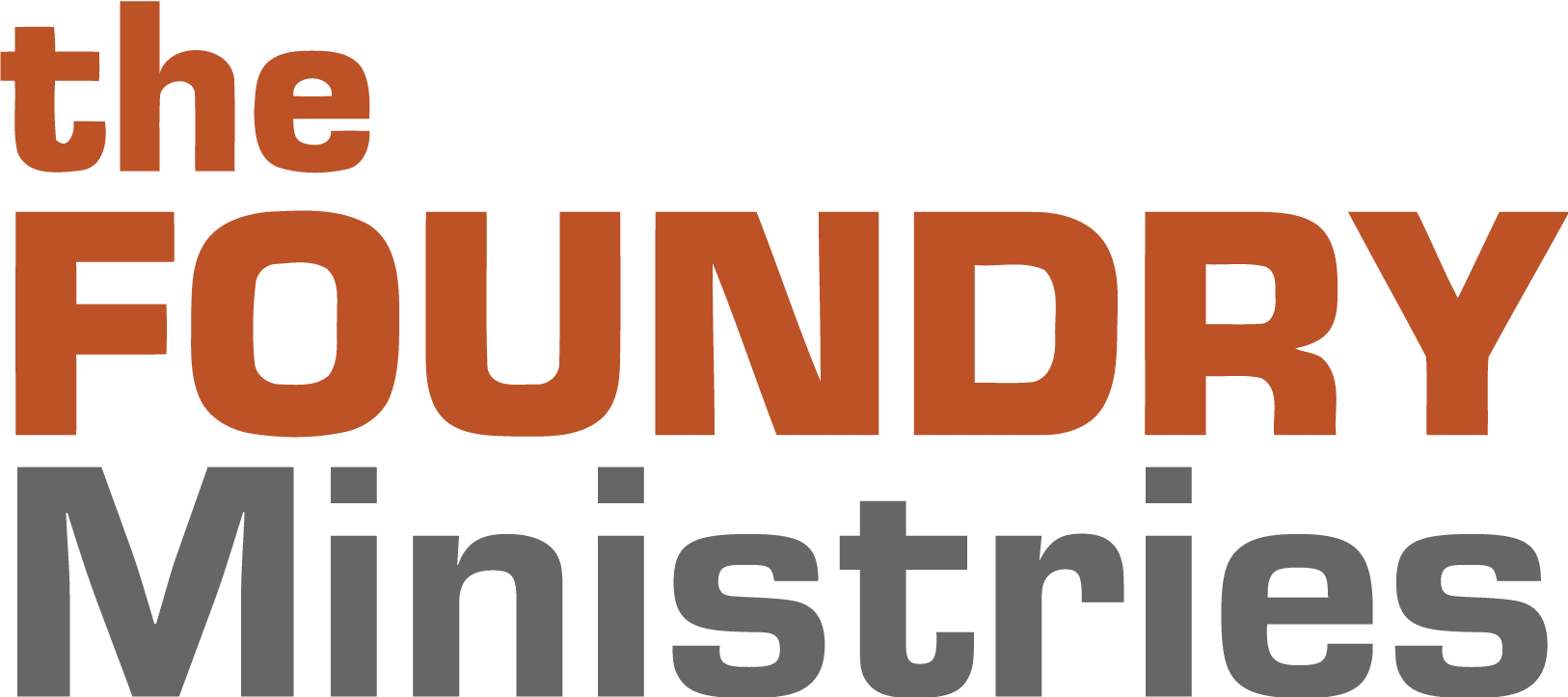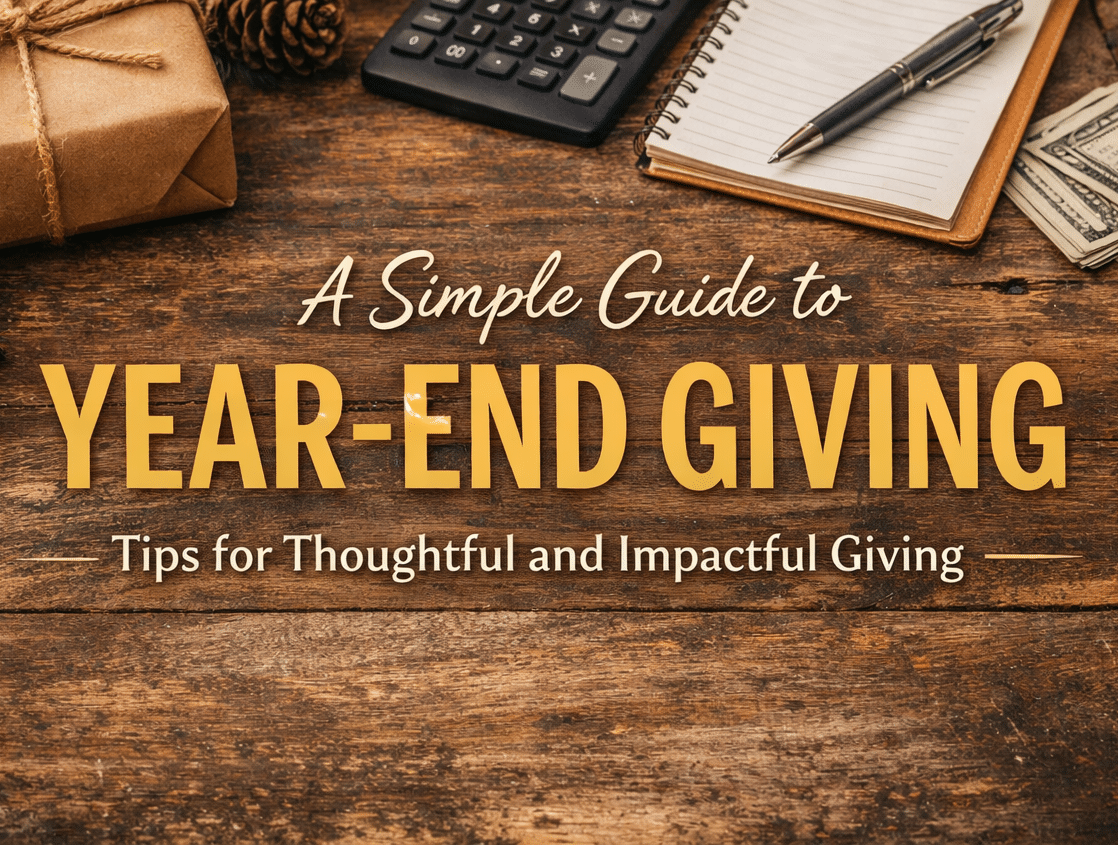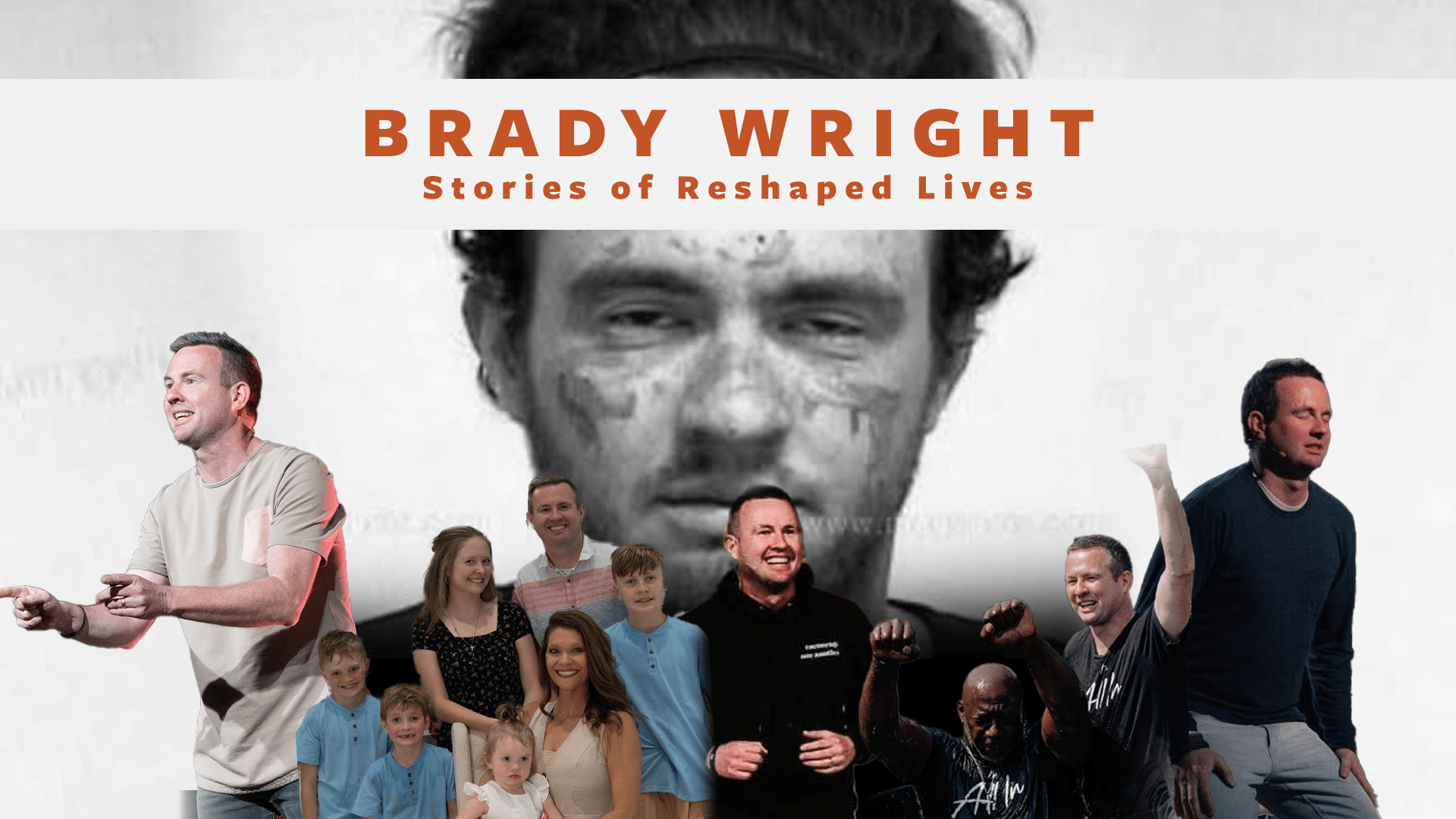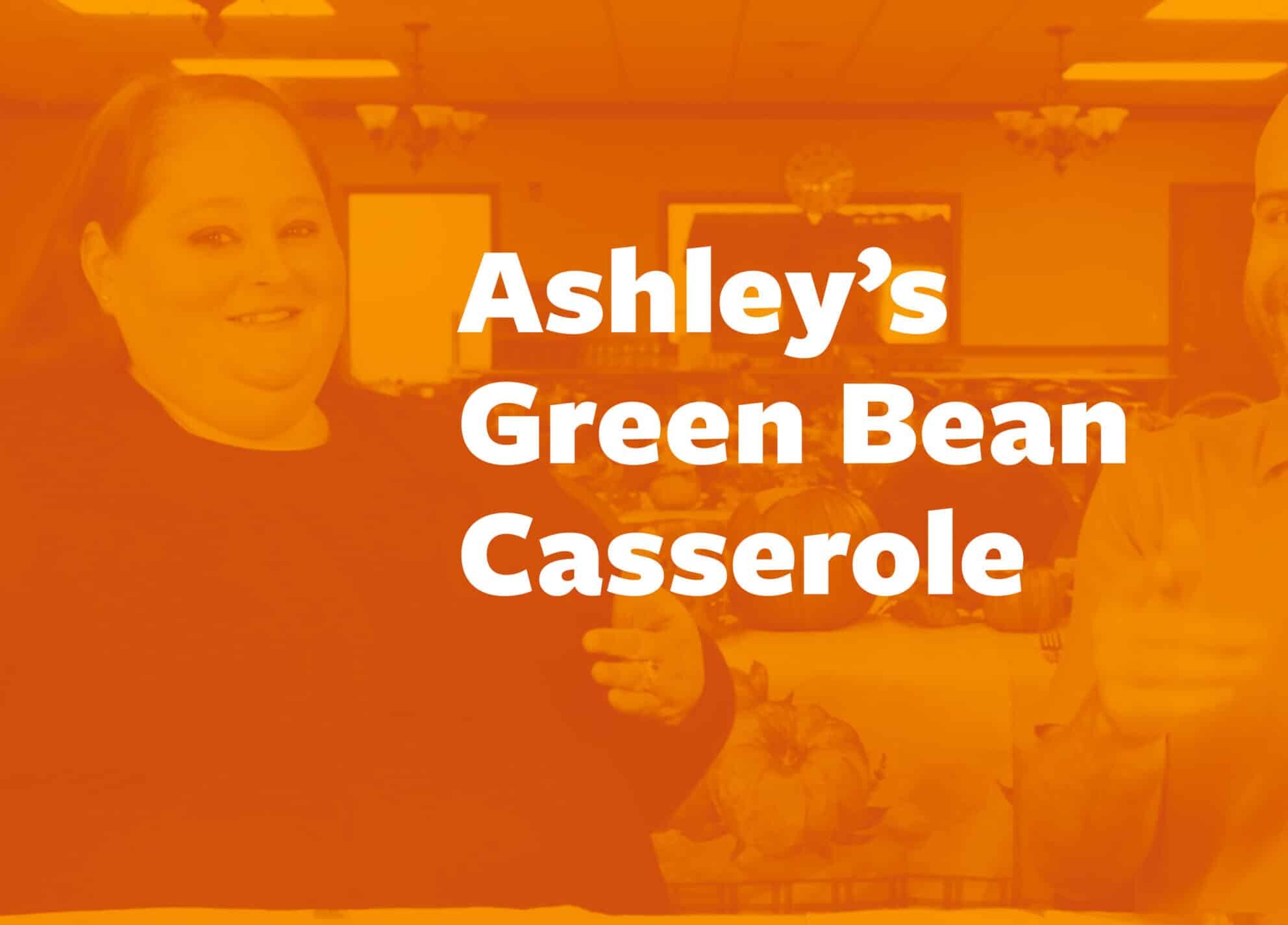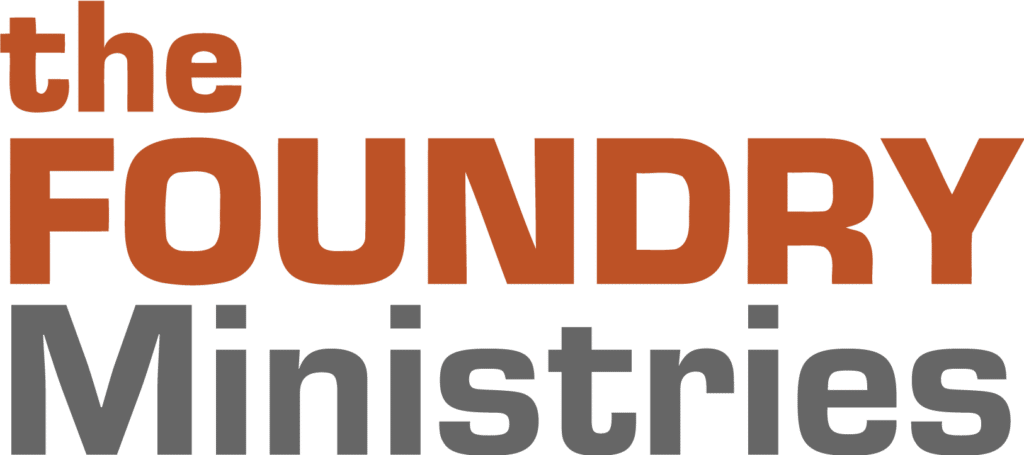A Year With The Virus
It happened suddenly.
I was talking to my friend Linsday. Her husband was taking a new job in New York, and we were discussing the move. She was excited about the prospect of moving to the big city and the challenges that would come with it. Then we got the call.
The mysterious “Coronavirus” was spreading more rapidly than anticipated, and people were dying. We would have to work from home for a few weeks to help keep hospitals from overflowing.
I said goodbye to Lindsay and that I would see her in a few weeks. Little did I know, we wouldn’t get to see each other again as the three weeks would become a more prolonged ordeal.
I’m sure you have your “Beginning of Quarantine” story. Many places had the luxury of going remote. Others shutting down forever. Here at The Foundry, we took on the incredibly difficult task of fighting to save lives from addiction while being limited in every possible way.
“One thing that has presented a challenge to the Women’s Program has been the constant change. For many months there were constant CDC guideline changes which ultimately had a direct effect on the daily interaction of our ladies and their limited opportunities for time with their families.” -Tawana Pendley, Director of Women’s Recovery Program
Participant safety was our number one concern. We were constantly wading through a torrent of information and recommendations to discern the right things to do.
“The number one challenge for me was the safety of our participants and staff. It felt as if we were fighting an invisible enemy. With so many asymptomatic exposures, we couldn’t tell physically, in many cases, who was sick and who might be sick. We had to essentially create a no one in and no one out bubble for our participants to minimize the potential of exposure.” -Micah Andrews, CEO
Even with all of this, the challenge of keeping people from getting sick in a communal housing environment was impossible.
“It has been hard to balance the staff potential exposures as they’re living each day ‘outside the bubble.’ I estimate that nearly 70% of our staff either contracted COVID-19 or had to be quarantined due to a direct or suspected exposure. This has been a big challenge to just maintain any normal operations in an organization of our size.” -Micah Andrews, CEO
While we continued to provide life-giving services to our participants, we had another problem. Following CDC guidelines meant reducing participant numbers, which also meant reducing staff.
“As we adjusted to doing ministry without our full team, it required our remaining staff to take on more responsibilities and still operate at the same level of excellence as before. We had to make certain every woman who entered The Foundry doors was given the same level of time, attention, love, and overall recovery. Quick adjustments were crucial to our program team.” -Tawana Pendley, Director of Women’s Recovery Program
Another blow came when we were informed that our Thrift Stores would not be allowed to reopen for some time. When they did reopen, they were not operating at the same capacity as they were before.
“We had an average 20-40% decrease in foot traffic, which has had a significant impact on our revenue. We decided to remove our program participants from any position that would be ‘customer or donor facing’ for their safety, severely hampering our ability to operate.” -Josh Heintz, Chief Enterprise Officer
“We have been very blessed to maintain the support from our donors as well as the PPP funding we’ve received. However, we are projecting nearly a $1.2 million decrease in revenue compared to last year. This caused us to reduce our overall capacity as well as reduce our overhead by eliminating numerous staff positions that are critical to our success. The key words we’ve had to become comfortable with have been ‘adjust’ and ’adapt.’ This has been extremely challenging. We are grateful that unlike many ministries and nonprofits, we are still fulfilling the mission of our organization.” -Micah Andrews, CEO
There were an untold number of other challenges we had to overcome, like hiring new employees, fixing broken down equipment, and virtual events. All the while, we were continuing our push to achieve a new quality of excellence in our programs.
We are grateful for your continued and unwavering support of our mission. As the overdose epidemic kills tens of thousands every year, your support will continue to be necessary to save lives.
